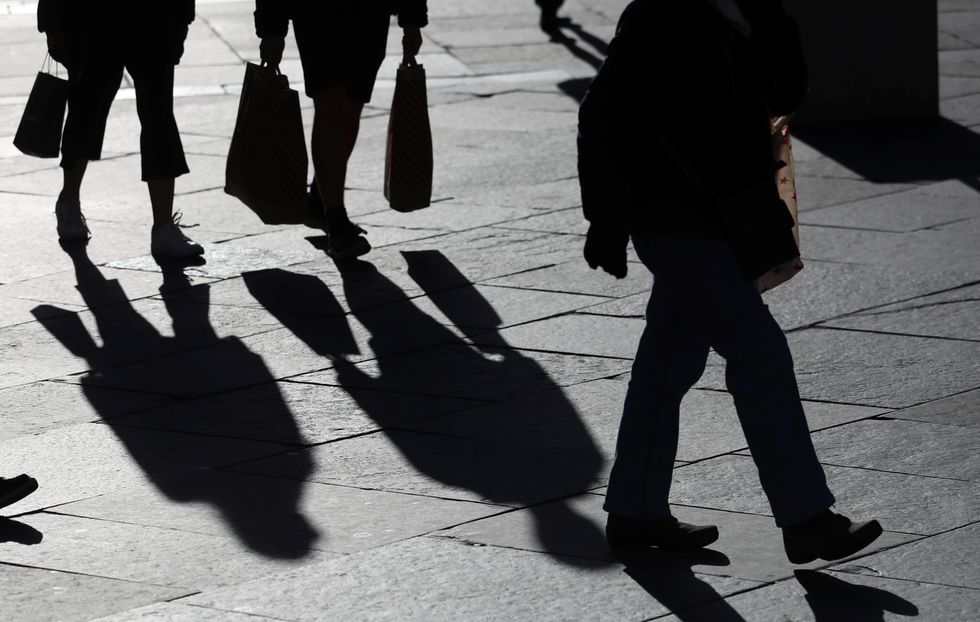Record number of suspected modern slavery victims recorded in UK last year

A worrying rise in suspected modern slavery victims in the UK
Lee Smith

The number of suspected modern slavery victims in the UK has risen to the highest level in more than a decade, new figures from the Home Office have showed.
A total of 12,727 potential victims of trafficking, slavery and forced labour were identified in 2021, up 20 percent from the 10,601 people the year before and 10,611 in 2019.
Data released looks at the number of potential victims of modern slavery who were identified and referred for support under the National Referral Mechanism (NRM).
The survey shows the numbers of potential victims had risen each year, apart from in 2020 during the peak of the Covid-19 pandemic.
The numbers are now at their highest since records began in 2009, when 552 were identified.
Suspected modern slavery victims in UK
PA Graphics
There was also a worrying rise in the number of cases relating to county line drug gangs, with 2,053 people referred with these links – a 23 percent rise year-on-year.
A total of 7,434 people (58 percent of the total number) said they were exploited in the UK, while 31 percent said it happened overseas.
Meanwhile, 9,790 (77 percent) of those identified were male, with 2,923 (23 percent) were female. A shocking 5,468 (43 percent) were children.
UK nationals accounted for 31 percent of people identified last year, with Albanians (20 percent) and Vietnamese (eight percent) being the second and third most common nationalities.
Support for victims is available, but they have to first be assessed under the NRM to determine whether they have “reasonable grounds” for access to medical, psychological and legal support.
Those who pass the original procedure then have to be assessed again, before being given a “positive conclusive grounds” decision if considered to be a victim.
Speaking after the release of the figures, Campaign group After Exploitation, said the rise in potential slavery victims was a “worrying trend”, before adding that they believe more people are “now even less willing to engage with authorities” despite being eligible to do so.